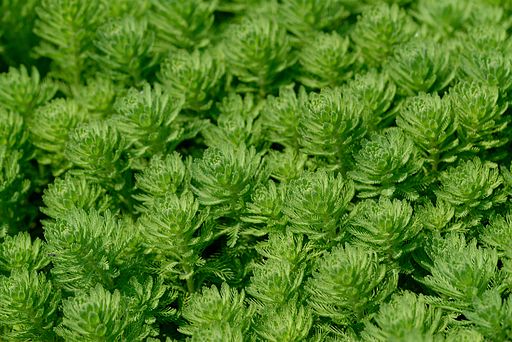Dumped exotic plants threaten to choke Dutch waterways

Exotic water plants have spread so widely throughout the Netherlands that they are stopping the flow of water in some ditches and waterways, the national statistics office CBS said on Friday.
In particular floating pennywort, South American parrot feather and swamp stone crop, which originated in Australia, have become a plague.
The amount of pennywort in Dutch waterways has multiplied by 150 since 1990 while parrot feather is 12 times as common as it was that same year. Pennywort is such a pest it can no longer be legally sold in the Netherlands.
Dolf Moerkens of the Dutch waterboard association said human behaviour is to blame. ‘We buy them in garden centres because they are pretty but when they take over too much space, we throw them out… often in the water,’ he said.
Clearing unwanted plants from the waterways costs around €2m a year, he said.
On land, exotic plants such as the monkey flower, which originated in the Rocky Mountains and the Canadian dogwood have succeeded in taking hold. Both are far more prevalent than they were in 1990.
Thank you for donating to DutchNews.nl.
We could not provide the Dutch News service, and keep it free of charge, without the generous support of our readers. Your donations allow us to report on issues you tell us matter, and provide you with a summary of the most important Dutch news each day.
Make a donation